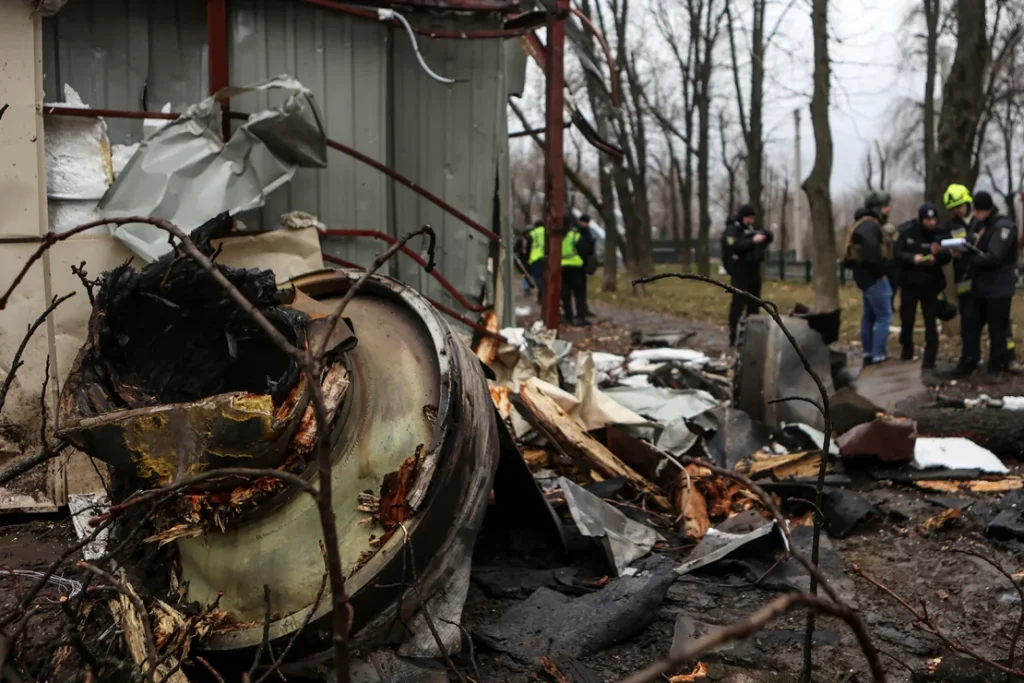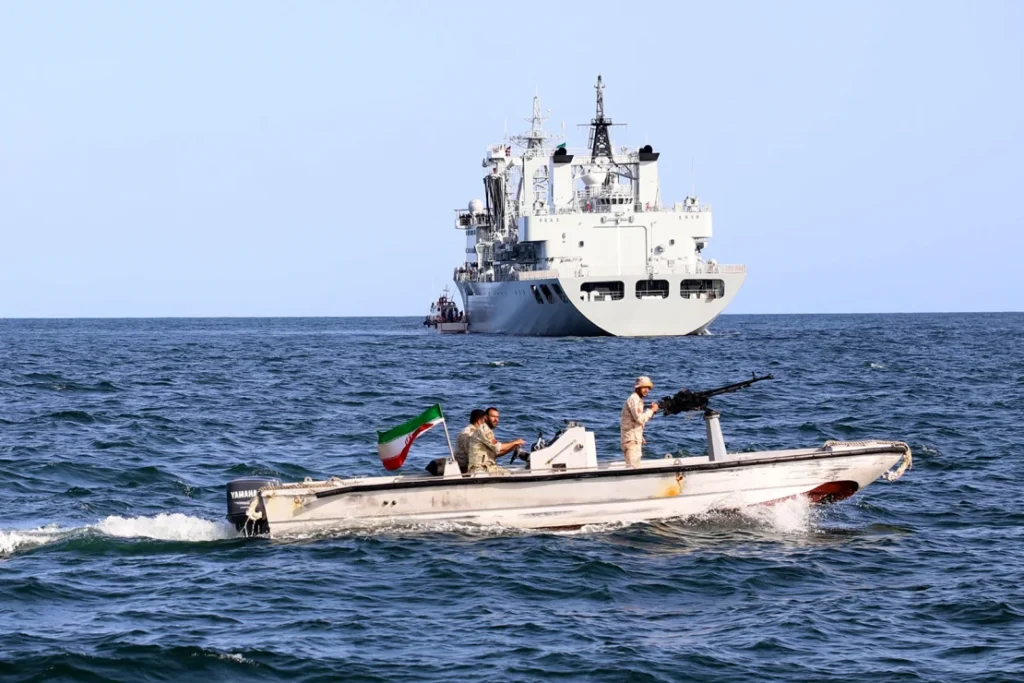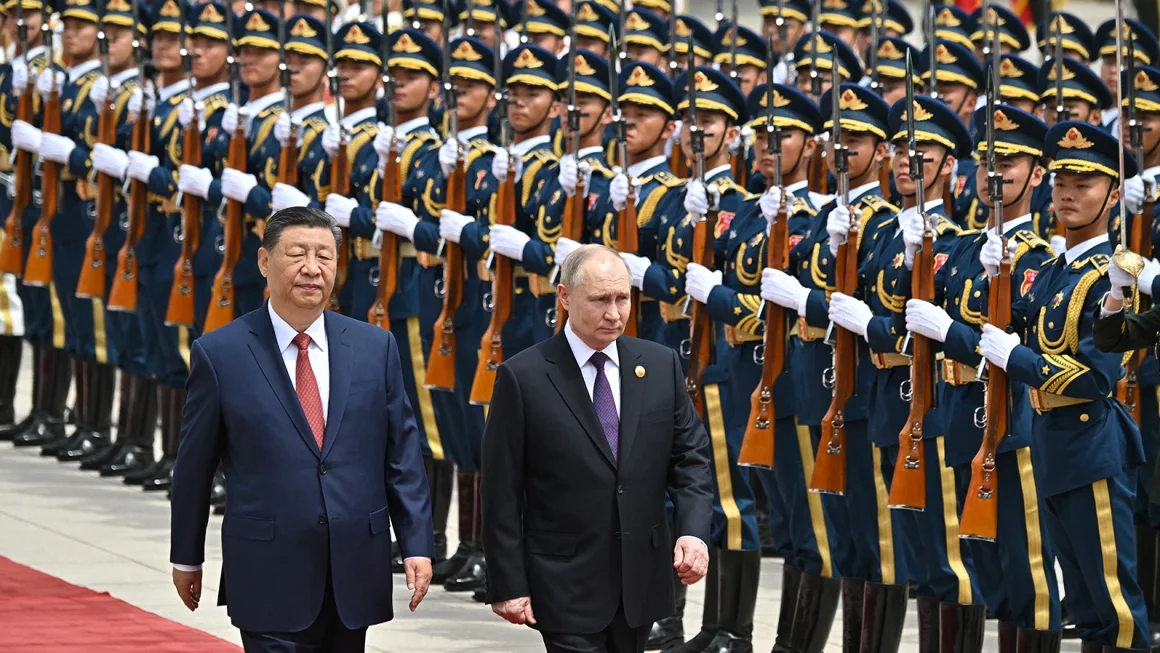As tensions rise on the world stage, whispers of a new “axis” forming between North Korea, Iran, China, and Russia have intensified, provoking serious concerns among global powers. With US intelligence alleging North Korean troops in Russia and continuous reports of Iran’s drone support in Ukraine, these emerging alliances indicate a potentially dramatic shift in international dynamics. But is this a strategic alignment or merely a convenient convergence of interests? Let’s break it down.
North Korea’s Growing Military Presence in Russia
Recent reports have confirmed that thousands of North Korean troops arrived in Russia earlier this month, apparently for training purposes. According to US Defense Secretary Lloyd Austin, this development “will have impacts not only in Europe but also in the Indo-Pacific.” While the full scope of North Korea’s involvement remains uncertain, Austin’s comments underscore the implications for both Western allies and global security.

For North Korea, participation in Russia’s military operations is seen as a move with “little to lose.” As CNN notes, Kim Jong Un’s regime is isolated and cash-strapped, and Moscow’s support provides Pyongyang with essentials like food and possibly assistance in advancing its space program. With North Korea showing little restraint in its nuclear ambitions, this cooperation between Pyongyang and Moscow sends alarm signals worldwide.
Iran’s Role in Supporting Russia’s Warfare in Ukraine
Iran, heavily sanctioned by the West, has also strengthened ties with Russia. US intelligence indicates that Tehran has supplied Moscow with hundreds of drones and, more recently, short-range ballistic missiles. This alliance isn’t new: Russia and Iran have been linked since 2015 when they supported Bashar al-Assad in Syria. As CNN reports, Iran’s involvement in Russia’s war in Ukraine could bolster Tehran’s defense sector while offering much-needed diplomatic cover in its ongoing struggles with Western-backed Israel.

China’s Subtle Support and Strategic Ambiguity
China, a “no-limits” partner to Russia since early 2022, plays a subtler role. Though Beijing officially claims neutrality, its export of “dual-use” goods like microelectronics has fed Russia’s military needs, supplying essential components that have dual purposes in both civilian and military technology. Despite avoiding direct lethal aid, China’s trade with Russia remains strong, thanks in part to discounted Russian energy.
The influence of China’s leader Xi Jinping looms large in this alignment. As the Carnegie Endowment for International Peace’s Tong Zhao highlights, China prefers to avoid direct association with what some in the West view as an emerging anti-West coalition. Despite its close ties with Russia, Beijing “has more options” and seeks broader alliances beyond North Korea and Iran, balancing relationships with wealthier Gulf nations alongside its alliance with Iran.
“Axis of Growing Malign Partnerships”: A Strategic Alignment or Temporary Convenience?
This multi-layered alliance, while not yet fully formalized, echoes former US designations like the Axis of Evil. Each of these countries—North Korea, Iran, China, and Russia—has a vested interest in countering the US, though individual motivations and goals vary. Alex Gabuev of the Carnegie Russia Eurasia Center in Berlin describes these partnerships as opportunistic, stating, “This is a set of bilateral relationships driven by each country’s survival strategy…they all see the US as a common adversary.”
What worries observers is the possible escalation of conflicts on a multi-theater level, as US intelligence warns that these partnerships could create risks for Washington and its allies. From drone warfare to potential nuclear threats, this cooperation has serious global security implications.
With growing cooperation among these nations, the risks of a prolonged and multi-regional conflict seem more likely. The US and allies must now confront the strategic reality of a world in which formerly isolated adversaries are forming new, if opportunistic, alliances.

